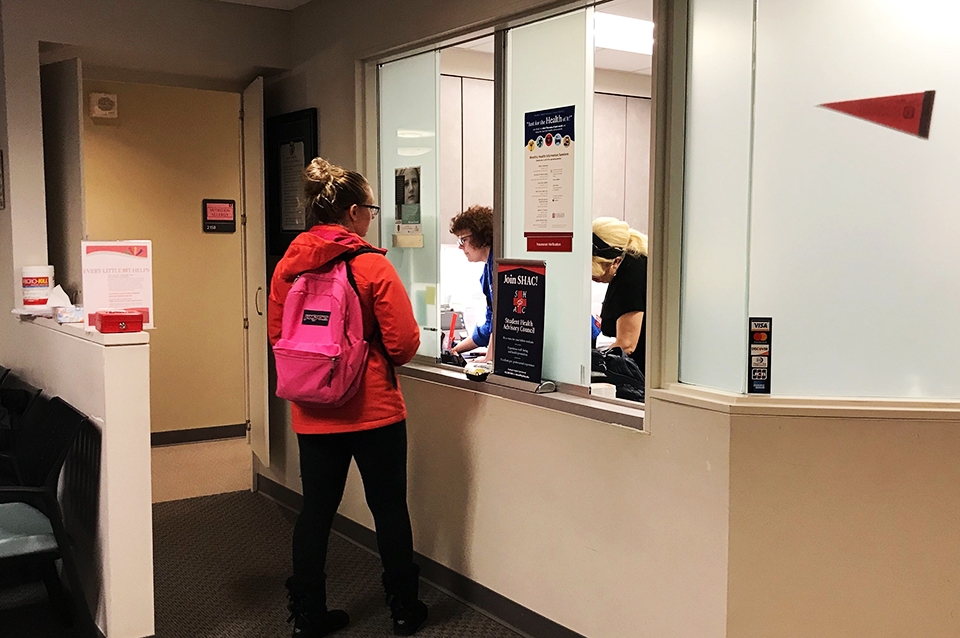
by the editorial staff
Jan. 27, 2022
Recently West Virginian journalist, Tori Yorgey, was hit by a car live on air as she was covering a story about a water-main break. She proceeded in covering the story as she picked herself up, with no serious injuries, and repositioned the camera.
The ordeal brings journalists to a long-standing dilemma: where do we draw the line between prioritizing our own health and wellbeing, and maintaining responsibilities for our jobs?
Luckily for Yorgey, she was not seriously injured and was able to continue with the live report. However, if her injuries were more serious, should her job demand that she continues? Or is it more important then to cut the camera and seek medical attention?
As a society, we tend to brush off being sick with a cold or the flu; We muscle through it in order to report to work and continue through the motions. Usually only when it’s dire do we take our one day off to either rest or see the doctor. This is a mindset that should be changed.
The United States is one of the only countries that does not have paid sick leave and instead has allotted sick days in which people can use for when they are feeling ill. However, the flaw is that we can never predict when we are ill, get in an accident or have a personal matter that would prevent us from reporting to work.
According to the U.S. Department of Labor, “Currently, there are no federal legal requirements for paid sick leave. For companies subject to the Family and Medical Leave Act (FMLA), the act does require unpaid sick leave.”
In addition, for someone who finds themselves injured or in an accident and cannot report to work, usually they will have to file a claim to the insurance company in order to obtain compensation for the wages lost from inability to work. It is the responsibility of the individual instead of the employer.
That being said, we should either be allotted more sick days or implement a sick-leave procedure similar to that of other nations, such as the United Kingdom or other European countries.
According to gov.uk, employees are allowed time off work if they are ill in addition to obtaining a “sick note” from their doctor. Also, the employee can receive Statutory Sick Pay (SSP) during the period that they are ill if they are eligible.
“You can get £96.35 per week Statutory Sick Pay (SSP) if you’re too ill to work. It’s paid by your employer for up to 28 weeks,” the website states.
Perhaps with a solution like this people will take the time that they need to recover from either an illness or injury without the worry and stress that is put upon them to ‘muscle through’ and continue working — just as Yorgey did during her live broadcast.



